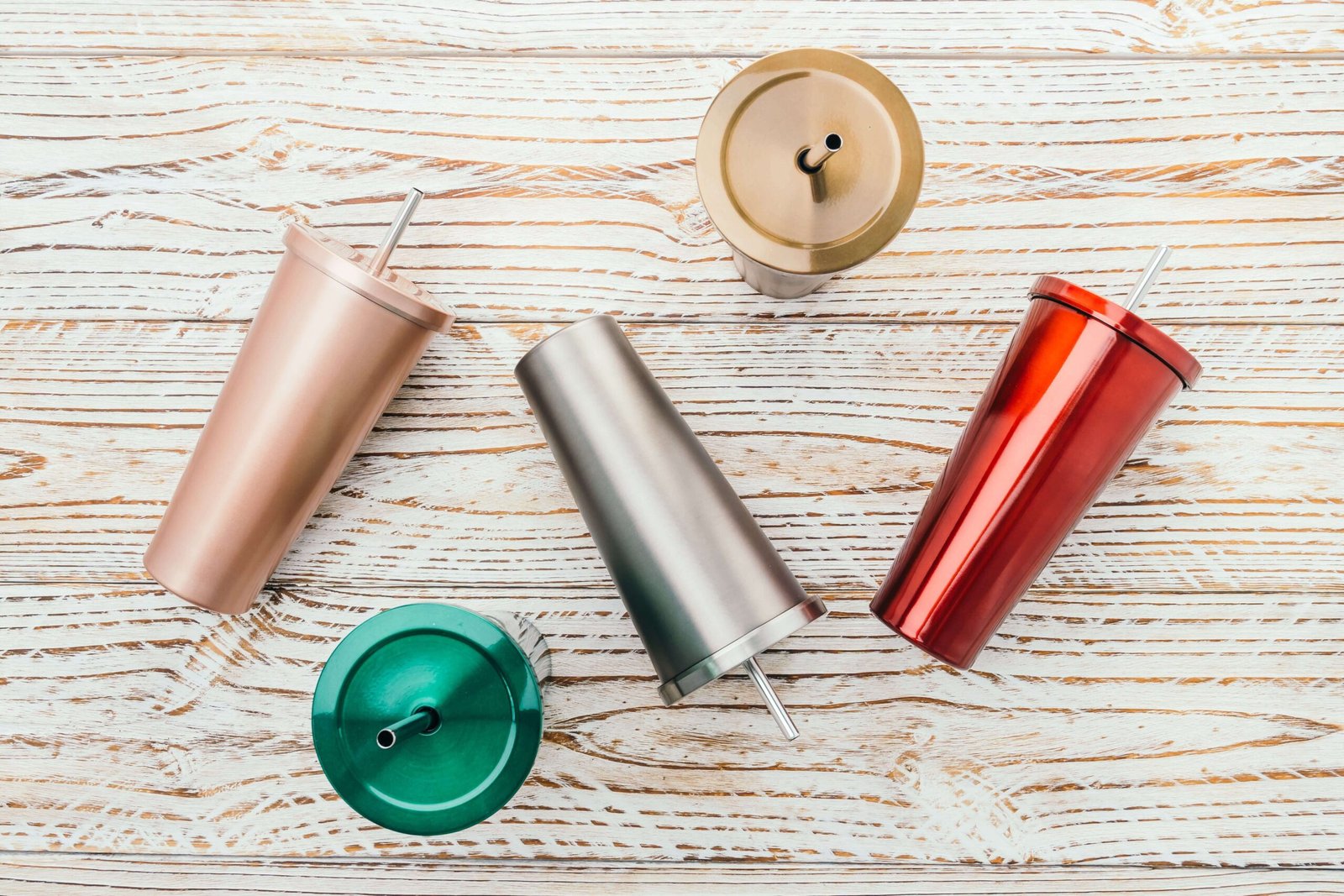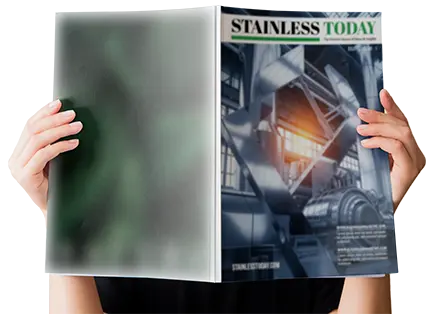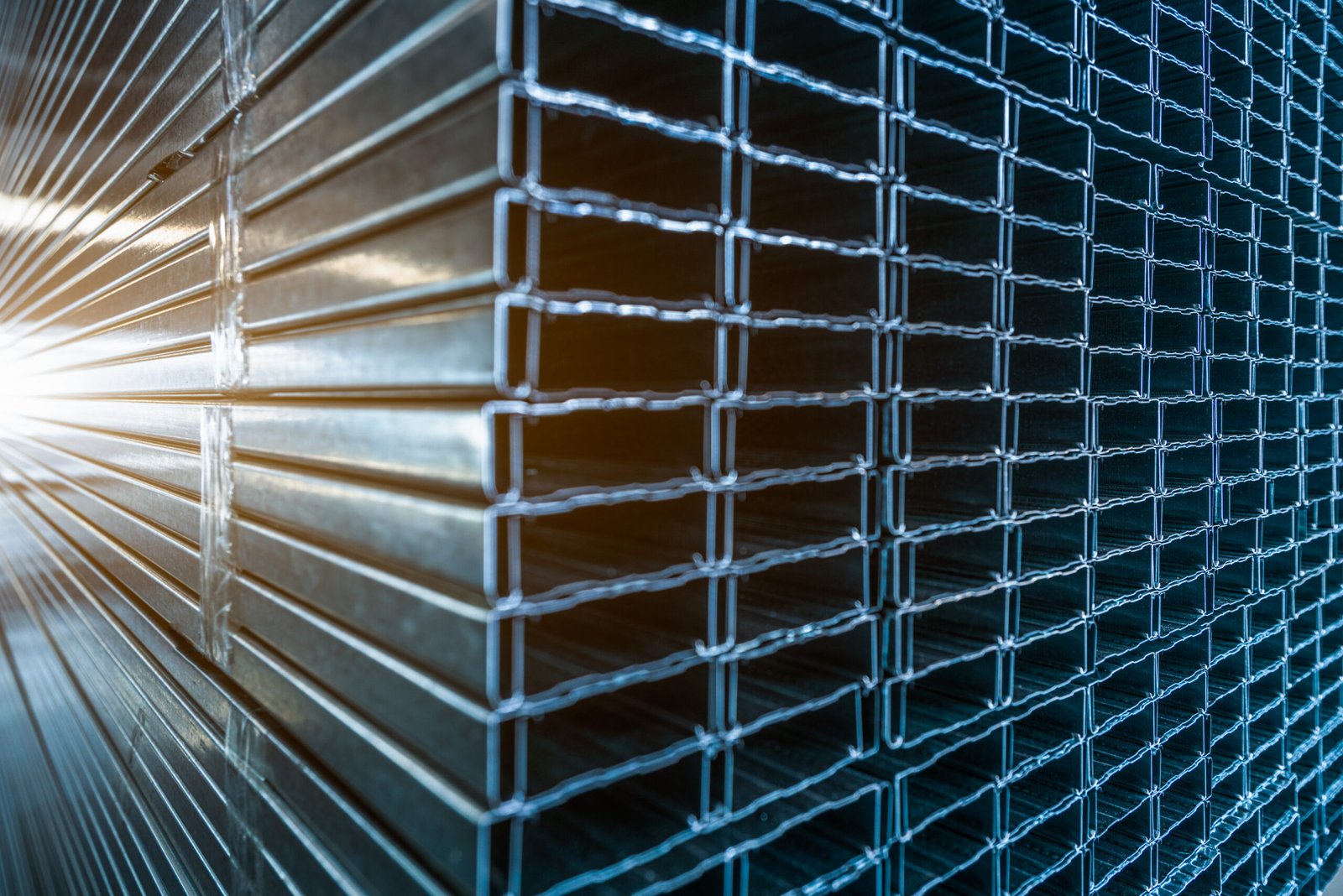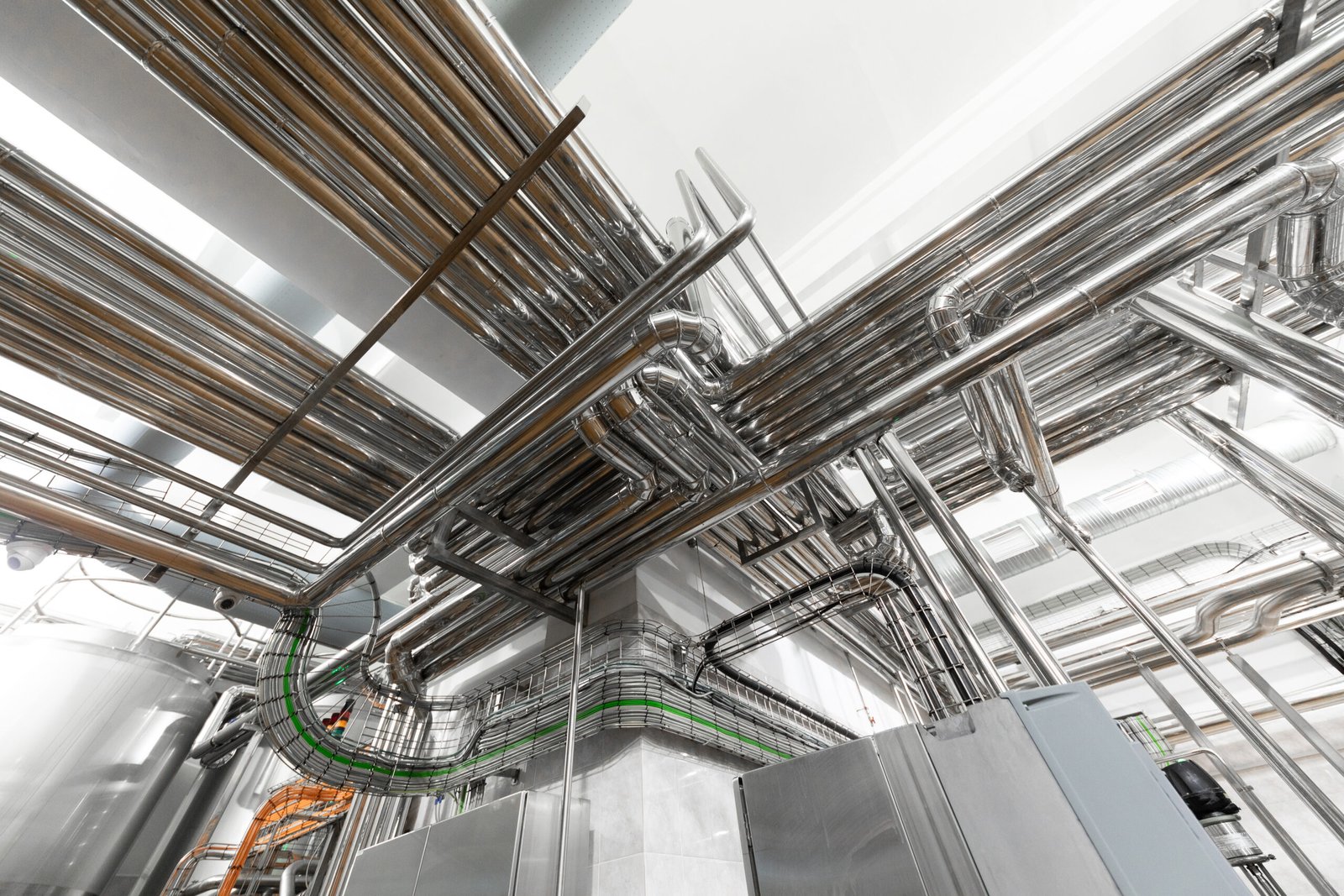Embrace a plastic-free lifestyle with stainless steel

A plastic-free lifestyle is one of the key ways to ensure reaching our Net Zero targets. Stainless steel is an important alternative to plastic.
In an era where sustainability and eco-friendly choices are paramount, replacing plastic with stainless steel in daily life is more than a trend—it’s a necessity. Plastic-free living not only reduces environmental impact but also promotes a healthier lifestyle. Stainless steel, a highly durable and recyclable material, is emerging as a popular choice for those committed to sustainable living.
The advantages of stainless steel over plastic are clear. Unlike plastic, stainless steel is 100 per cent recyclable, meaning it can be reused multiple times without losing quality. This reduces the need for producing new materials and keeps waste out of landfills. Additionally, stainless steel does not leach harmful chemicals into food or beverages, a common concern with plastic, especially when exposed to heat. This makes stainless steel a safer choice for everyday items like water bottles, food containers and cutlery.
Replacing the right products
By making simple swaps, we can significantly reduce our reliance on plastic. Reusable stainless steel water bottles, for instance, can replace countless single-use plastic bottles. Stainless steel food containers and straws are equally effective alternatives that make it easy to adopt a plastic-free lifestyle. Even in the kitchen, stainless steel cookware and utensils not only offer a non-toxic, durable option but also bring timeless elegance to our routines.
The shift towards stainless steel in daily use aligns with a larger movement towards sustainable living. Opting for stainless steel instead of plastic contributes to eco-friendly practices that support a healthier planet. As more people join this plastic-free movement, we take a meaningful step towards a greener future—one stainless steel product at a time.
Incorporating stainless steel into our lives is not just a lifestyle change; it’s an investment in the environment and future generations.










